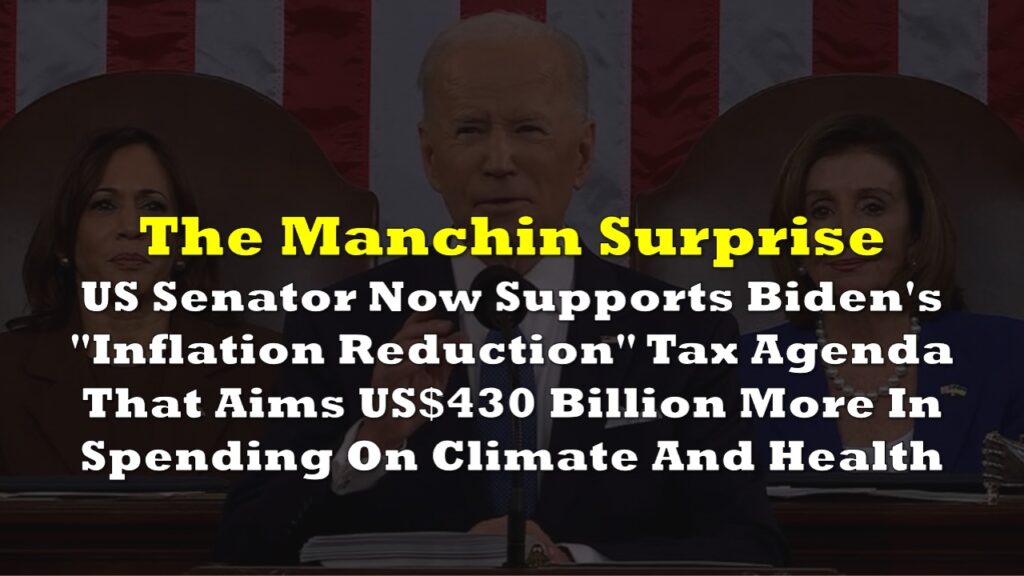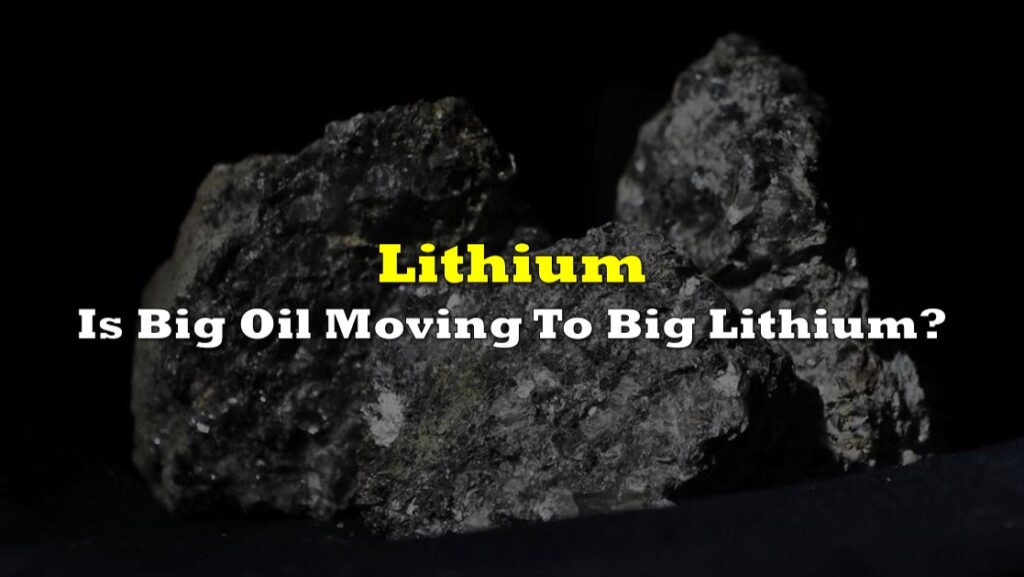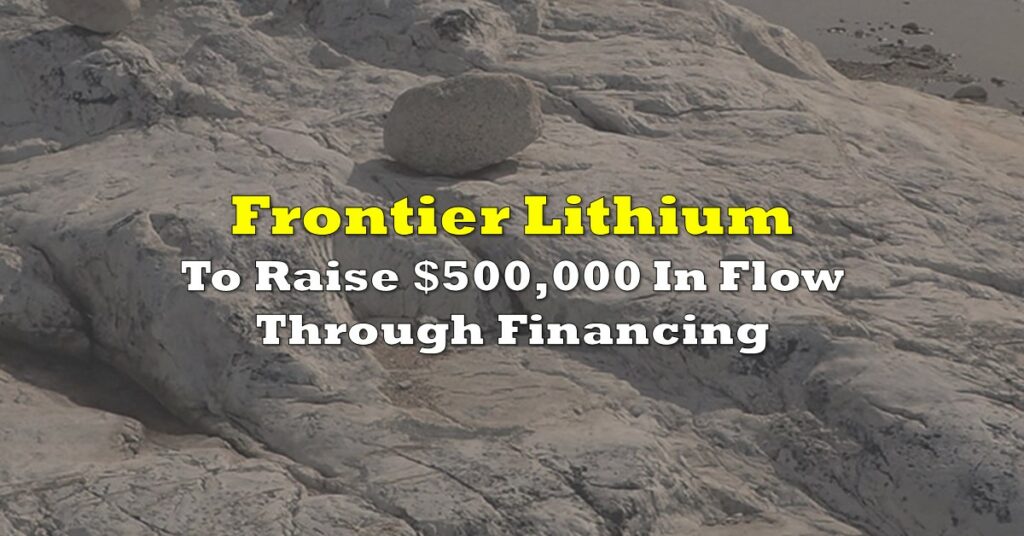The Chilean government has announced that products made with Chilean-mined lithium are now eligible for U.S. tax benefits, aligned with the U.S. Inflation Reduction Act (IRA).
Chile, renowned as the world’s largest copper producer and the second-largest lithium producer, stands to gain from these tax breaks, which are part of the IRA’s incentives for EVs based on the sourcing of their battery metals. The IRA mandates that a certain percentage of critical metals in EV batteries come from the U.S. or countries with which the U.S. has free trade agreements (FTAs). Since Chile has an FTA with the U.S., this qualification was clearly established, according to the Chilean Economy Ministry.
“This explicit recognition ensures that our lithium products meet the IRA’s requirements, paving the way for increased investment and cooperation between our countries,” stated Economy Minister Nicolás Grau in an official release.
One of the major players in Chile’s lithium industry, SQM (Sociedad Química y Minera), counts China’s Tianqi Lithium as its second-largest shareholder. This detail is particularly relevant in light of the U.S. administration’s stringent stance on firms controlled by China, Russia, North Korea, and Iran. Nonetheless, SQM is currently negotiating a joint venture with Chilean state-run copper miner Codelco, aiming to boost state control over the lithium sector, which may mitigate concerns over foreign influence.
The other prominent lithium producer in Chile is the U.S.-based Albemarle, which also stands to benefit from these tax breaks. The incentives are expected to promote the export of both raw lithium materials and more refined products such as cathode materials and lithium byproducts.
The Chilean government has also launched initiatives to offer preferential pricing for companies using lithium as a raw material. This move is part of a broader strategy to attract investment in value-added lithium products like cathodes.
“Treating Chilean-made cathodes as domestically sourced under the IRA will make it more attractive for U.S. and South Korean firms to invest in Chile,” remarked Karla Flores, head of InvestChile, the country’s foreign investment promotion body.
Despite recent declines in lithium carbonate prices, which fell to their lowest in three years at CNY 91,000 per tonne in July due to a surplus of raw materials, Chile remains a focal point for investment. This interest is driven by the country’s extensive lithium reserves and favorable policies aimed at doubling production over the next decade.
The global lithium market has been characterized by significant fluctuations. The current oversupply, partly a result of subsidies across the supply chain, has led to lower prices. Additionally, trade policies such as the EU’s tariffs of up to 38% on Chinese EV producers and the U.S. quadrupling duties on Chinese EVs to 100% have further impacted market dynamics, contributing to a 15% drop in Chinese new energy vehicle exports in June.
“Our goal is to leverage our vast lithium reserves to move further down the value chain, making Chile an attractive destination for global investors in the EV industry,” concluded Grau.
Information for this briefing was found via Reuters, Bloomberg, and the sources mentioned. The author has no securities or affiliations related to this organization. Not a recommendation to buy or sell. Always do additional research and consult a professional before purchasing a security. The author holds no licenses.









